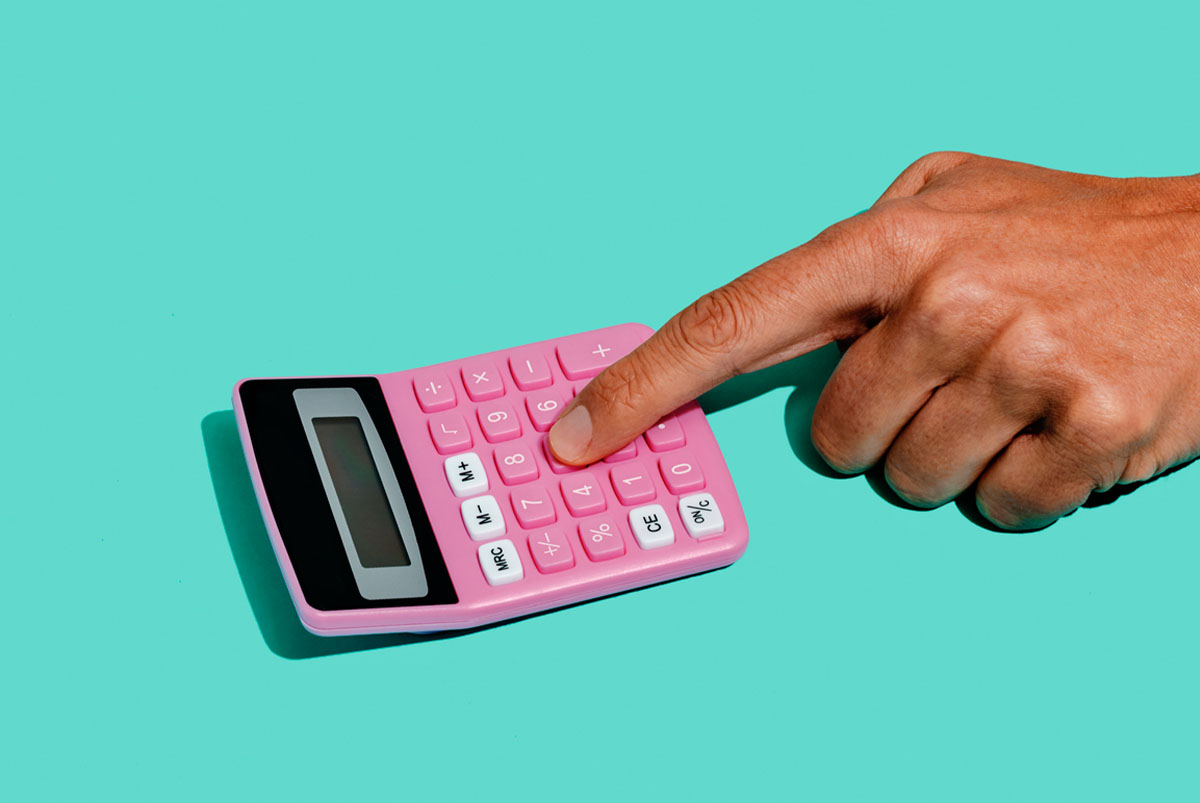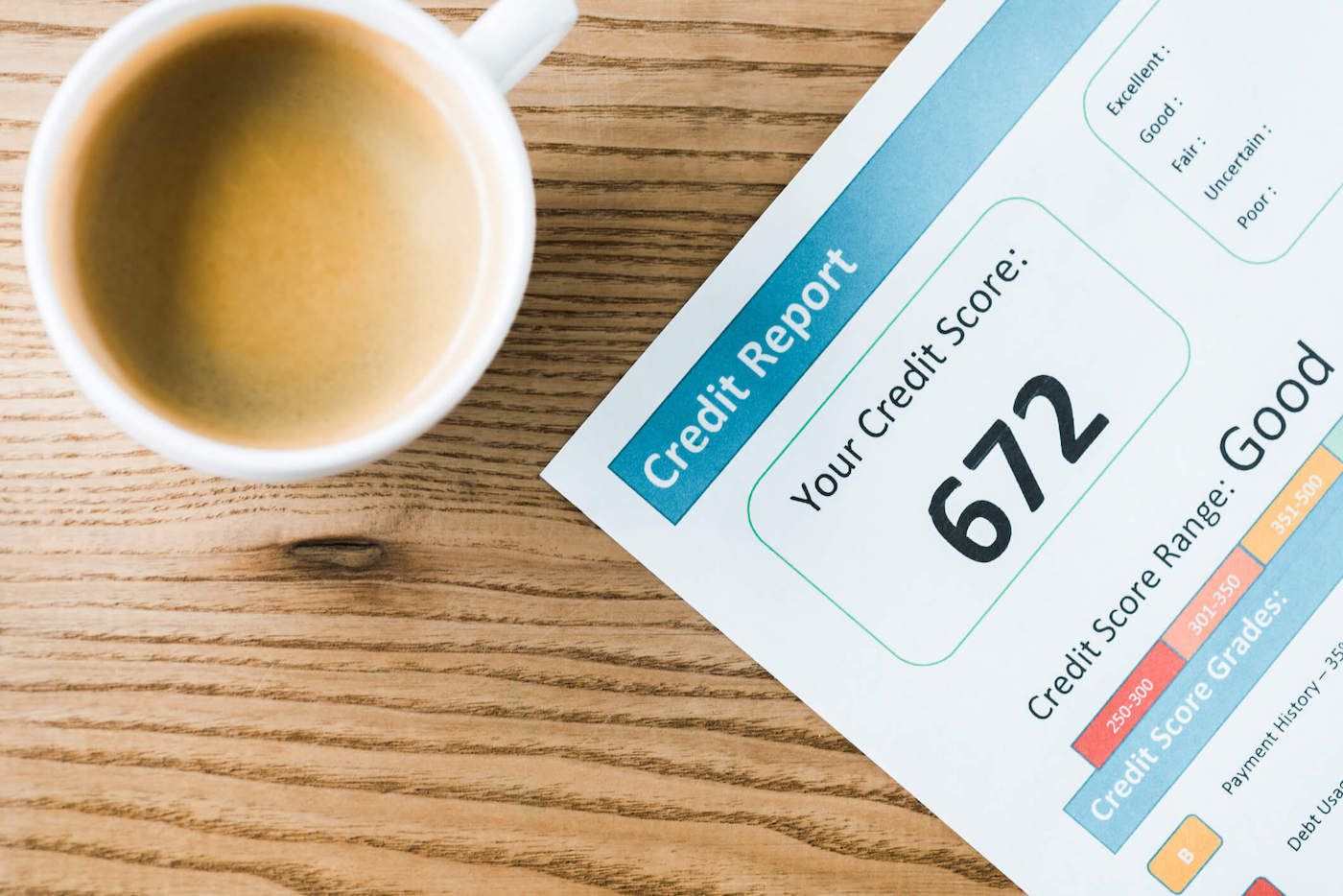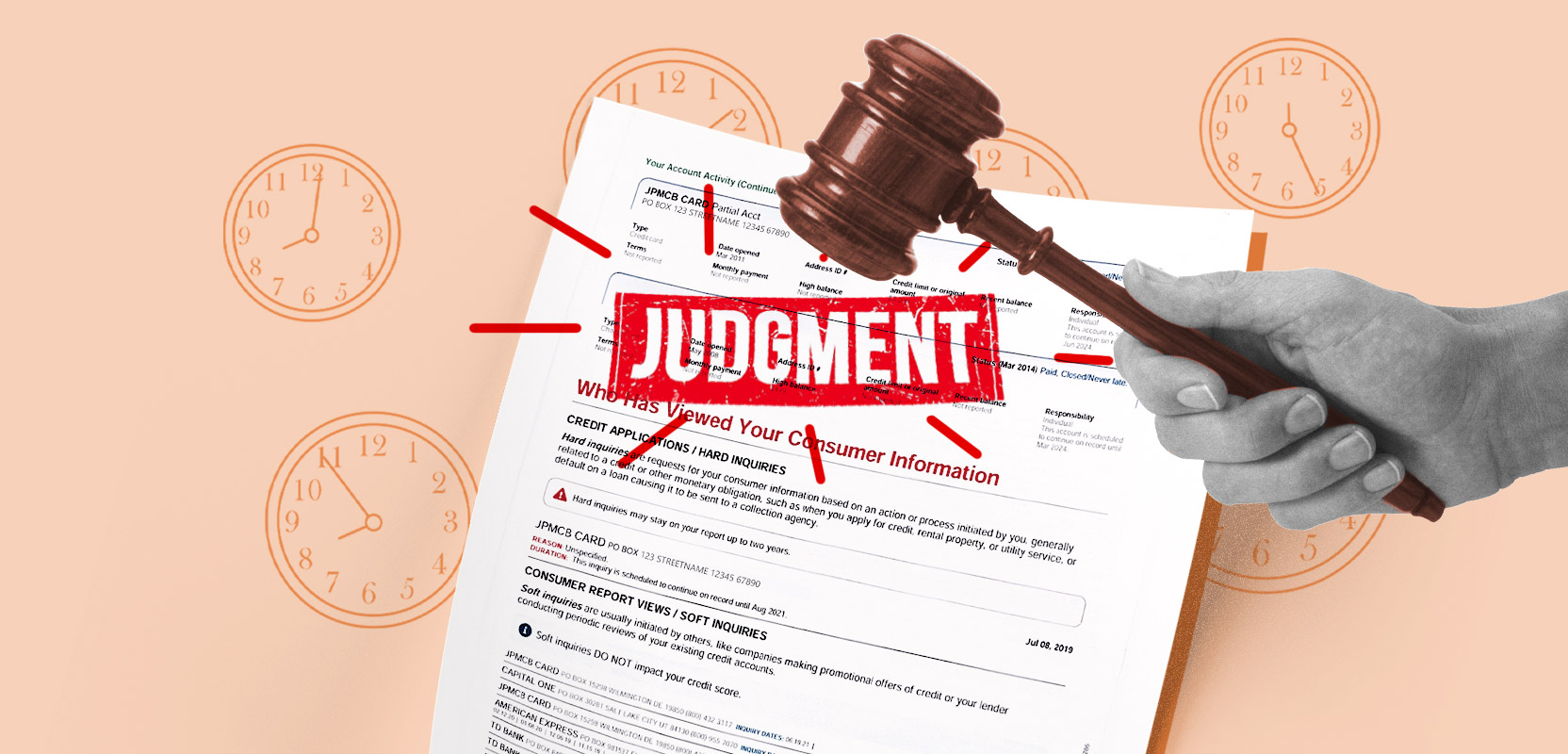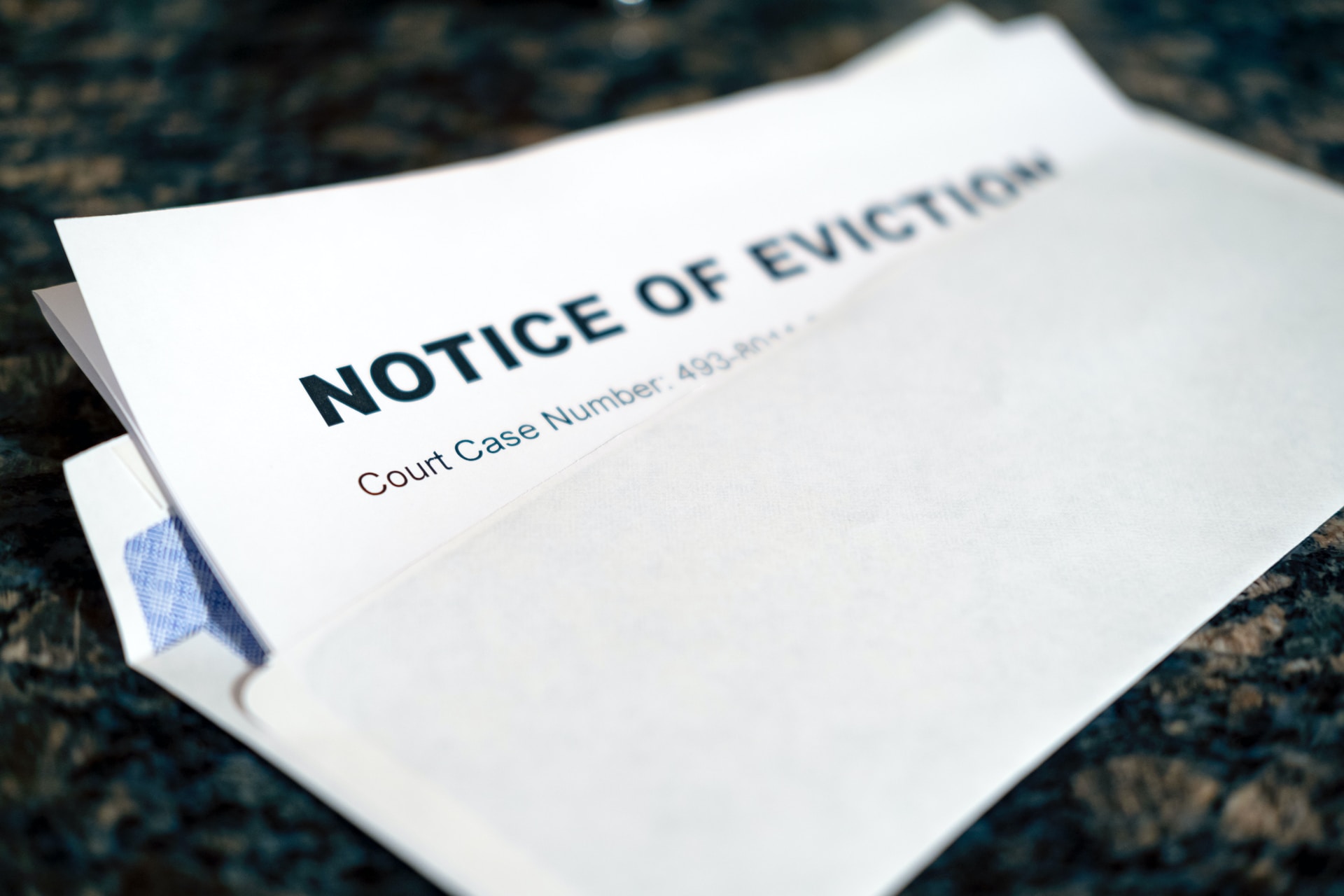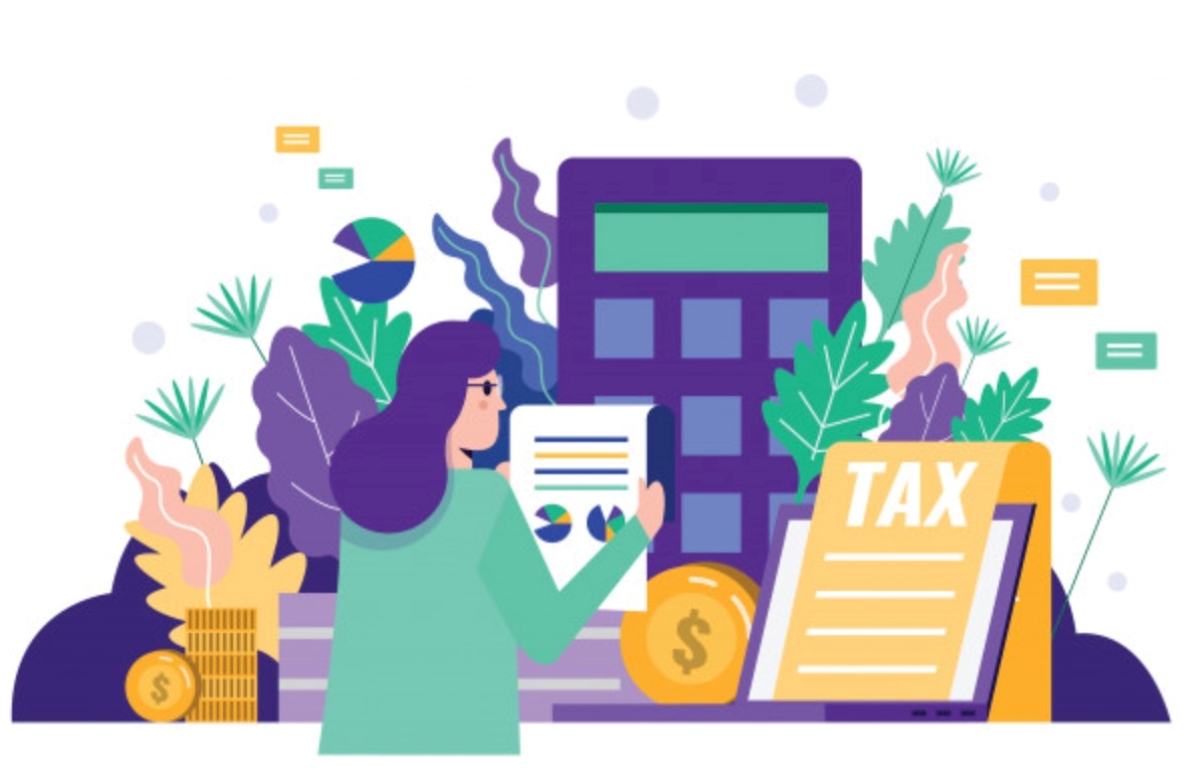Home>Finance>How Long Do Payday Loans Stay On Credit Report?


Finance
How Long Do Payday Loans Stay On Credit Report?
Published: February 17, 2024
Learn how long payday loans stay on your credit report and their impact on your finances. Find out what you need to know about payday loans and credit scores.
(Many of the links in this article redirect to a specific reviewed product. Your purchase of these products through affiliate links helps to generate commission for LiveWell, at no extra cost. Learn more)
Table of Contents
**
Introduction
**
When financial emergencies arise, individuals often seek quick solutions to cover unexpected expenses. Payday loans have become a popular option for many people facing urgent monetary needs. However, these short-term, high-interest loans can have lasting implications, particularly on credit reports. Understanding the impact of payday loans on credit history is crucial for making informed financial decisions. In this comprehensive guide, we will delve into the implications of payday loans on credit reports, including their duration on credit history and strategies for managing their effects.
Financial literacy is essential for navigating the complexities of borrowing and credit management. By shedding light on the intricacies of payday loans and their influence on credit reports, this article aims to empower readers with the knowledge necessary to make sound financial choices. Whether you're considering a payday loan or seeking to mitigate its impact on your credit history, the insights provided here will equip you with valuable information to navigate these financial waters effectively.
It's important to recognize that while payday loans can offer immediate relief, they also carry significant long-term consequences. By gaining a comprehensive understanding of how these loans intersect with credit reports, individuals can make informed decisions that align with their financial well-being. Let's explore the multifaceted relationship between payday loans and credit reports, uncovering the implications and strategies for managing their impact.
What Are Payday Loans?
Payday loans, also known as cash advances, are short-term loans typically characterized by their high interest rates and swift approval process. They are designed to provide individuals with immediate access to funds, with the expectation that the loan will be repaid in full from the borrower’s next paycheck. These loans are often sought by individuals facing urgent financial needs, such as unexpected car repairs, medical expenses, or other unforeseen costs.
One of the defining features of payday loans is their accessibility. Many payday lenders do not require extensive credit checks, making them an option for individuals with poor or limited credit history. The application process is often streamlined, allowing borrowers to secure funds quickly, sometimes within the same day of applying.
However, the convenience of payday loans comes at a steep cost. The interest rates associated with these loans are significantly higher than those of traditional personal loans or credit cards, often exceeding triple-digit annual percentage rates (APRs). As a result, borrowers may find themselves trapped in a cycle of debt if they are unable to repay the loan in full by the due date, leading to additional fees and interest charges.
Payday loans are typically structured to be repaid in a lump sum, including the principal amount borrowed plus the accrued interest and fees. This repayment structure can place a significant burden on borrowers, especially those already facing financial strain. While payday loans may offer immediate relief, their high costs and potential long-term financial repercussions warrant careful consideration before pursuing this borrowing option.
It’s important for individuals considering payday loans to be mindful of the potential impact on their overall financial well-being. While these loans can address immediate financial crises, they also carry inherent risks that should be weighed against the benefits. Understanding the nature of payday loans is crucial for making informed decisions about borrowing and managing personal finances.
How Payday Loans Affect Credit Reports
While payday loans are often perceived as a quick fix for pressing financial needs, they can have a lasting impact on an individual’s credit report. In general, payday lenders do not typically report loan activity to the major credit bureaus, such as Equifax, Experian, and TransUnion, unless the borrower defaults on the loan. However, in the event of non-payment or default, payday loan lenders may choose to sell the delinquent account to a collections agency, which can then report the debt to the credit bureaus.
Once a payday loan debt is reported to a collections agency, it can significantly damage the borrower’s credit score. Negative marks, such as late payments or accounts in collections, can remain on a credit report for up to seven years, impacting the individual’s ability to secure favorable terms for future credit, such as loans, mortgages, or credit cards. Additionally, the presence of delinquent payday loan accounts on a credit report can raise red flags for potential lenders, signaling a higher risk of default and financial instability.
It’s important to note that even if a payday loan is repaid on time and in full, it may not positively impact the borrower’s credit score. Since many payday lenders do not report positive payment history to the credit bureaus, timely repayment of a payday loan may not contribute to building or improving credit history. As a result, individuals seeking to establish or rebuild their credit may find that payday loans offer limited assistance in this regard.
Furthermore, the cumulative effect of multiple payday loans can exacerbate the negative impact on credit reports. Borrowers who rely on payday loans frequently may find themselves caught in a cycle of debt, with each loan contributing to financial strain and potential credit repercussions. This underscores the importance of carefully evaluating the long-term consequences of payday loans on credit reports and overall financial stability.
Given the potential ramifications for credit scores and financial well-being, individuals should approach payday loans with caution and consider alternative options for addressing short-term financial needs. Understanding how payday loans can affect credit reports is pivotal for making informed decisions about borrowing and managing personal finances responsibly.
How Long Do Payday Loans Stay on Credit Reports?
The duration for which payday loans remain on credit reports is contingent on the reporting of the loan and any subsequent collection activity. In general, if a payday loan is reported to a collections agency due to non-payment or default, the associated negative marks can linger on a credit report for up to seven years. This timeframe is dictated by the Fair Credit Reporting Act (FCRA), which governs the reporting and retention of credit information by the major credit bureaus.
When a payday loan debt is sold to a collections agency, the entry can be recorded as a separate tradeline on the borrower’s credit report, distinct from the original loan account. The presence of a collections tradeline can significantly impact the individual’s credit score and overall creditworthiness. Even if the borrower resolves the debt by paying off the collections account, the negative mark may persist for the full seven-year reporting period, unless it is removed through formal dispute or falls off naturally over time.
It’s important to note that the impact of payday loans on credit reports can extend beyond the initial reporting period. The negative marks resulting from delinquent payday loan accounts can influence the individual’s ability to secure new credit or favorable terms for an extended duration. Lenders and financial institutions often consider a borrower’s credit history, including any past delinquencies or accounts in collections, when assessing creditworthiness and determining loan eligibility and interest rates.
Given the potential long-term repercussions of payday loans on credit reports, individuals should approach these borrowing options with careful consideration. Understanding the implications of payday loan reporting and its impact on credit history is essential for making informed decisions about managing short-term financial needs and maintaining overall financial stability.
Ultimately, the duration for which payday loans stay on credit reports underscores the significance of responsible borrowing and proactive credit management. By staying informed about the implications of payday loans on credit history, individuals can take steps to mitigate potential negative effects and pursue alternative strategies for addressing financial challenges without compromising their long-term financial well-being.
How to Deal with Payday Loans on Credit Reports
Dealing with the impact of payday loans on credit reports requires a proactive and strategic approach to mitigate potential long-term consequences. Individuals facing negative marks resulting from payday loan activity can take several steps to address and manage these effects:
- Review Your Credit Report: Start by obtaining a copy of your credit report from each of the major credit bureaus. Carefully review the reported information, paying close attention to any entries related to payday loans or collections accounts. Identifying inaccuracies or discrepancies is crucial for ensuring the integrity of your credit report.
- Dispute Inaccurate Information: If you spot errors or inaccuracies in the reporting of payday loans or collections accounts, file a formal dispute with the credit bureaus to have the information investigated and potentially removed from your credit report. The Fair Credit Reporting Act (FCRA) grants consumers the right to dispute inaccurate or incomplete information on their credit reports.
- Communicate with Creditors: If you have outstanding payday loan debts or accounts in collections, consider reaching out to the creditors or collections agencies to explore options for repayment or negotiation. In some cases, creditors may be willing to work with you to establish a repayment plan or settle the debt for less than the full amount owed.
- Focus on Rebuilding Credit: While addressing the negative impact of payday loans on credit reports, focus on building positive credit history through responsible financial behavior. Timely payments on existing credit accounts, such as credit cards or installment loans, can help offset the negative effects of past delinquencies and demonstrate improved credit management.
- Explore Credit-Building Options: Consider alternative credit-building strategies, such as secured credit cards or credit-builder loans, to establish or rebuild your credit profile. These tools can provide opportunities to demonstrate responsible credit usage and payment behavior, contributing to the gradual improvement of your credit score over time.
- Seek Financial Counseling: If you are struggling with managing payday loan debts and their impact on your credit, seek assistance from reputable financial counselors or nonprofit organizations specializing in debt management. These professionals can offer guidance and support in developing a structured plan for addressing your financial challenges and rebuilding credit.
By taking proactive steps to address the impact of payday loans on credit reports, individuals can work towards mitigating the negative effects and laying the groundwork for improved financial stability. Responsible credit management and informed decision-making are essential for navigating the challenges posed by payday loan activity and its influence on credit history.
Conclusion
Understanding the implications of payday loans on credit reports is fundamental for individuals navigating the complexities of borrowing and credit management. While payday loans offer expedient solutions for immediate financial needs, their impact on credit history can be enduring and consequential. The potential for negative marks resulting from delinquent payday loan accounts to linger on credit reports for up to seven years underscores the significance of informed decision-making and responsible borrowing.
As individuals evaluate their options for addressing short-term financial challenges, it is crucial to weigh the benefits of payday loans against their long-term repercussions. The high-cost nature of payday loans, coupled with their potential to exacerbate financial strain and credit difficulties, necessitates careful consideration of alternative strategies for managing unexpected expenses.
Dealing with the impact of payday loans on credit reports requires proactive engagement with credit information, including reviewing credit reports for accuracy, disputing erroneous entries, and exploring avenues for rebuilding credit. By taking deliberate steps to address the effects of payday loan activity and prioritize responsible credit management, individuals can work towards mitigating the negative impact on their credit history and overall financial well-being.
Ultimately, the relationship between payday loans and credit reports underscores the importance of financial literacy and prudent decision-making. By staying informed about the implications of payday loans on credit history and pursuing alternative avenues for addressing financial needs, individuals can position themselves for greater financial resilience and stability.
Empowered with the knowledge gained from this comprehensive guide, individuals can navigate the complexities of payday loans and credit reports with greater confidence and insight. By embracing responsible borrowing practices and proactive credit management, individuals can chart a course towards a more secure financial future, free from the burdensome repercussions of high-cost, short-term borrowing.
